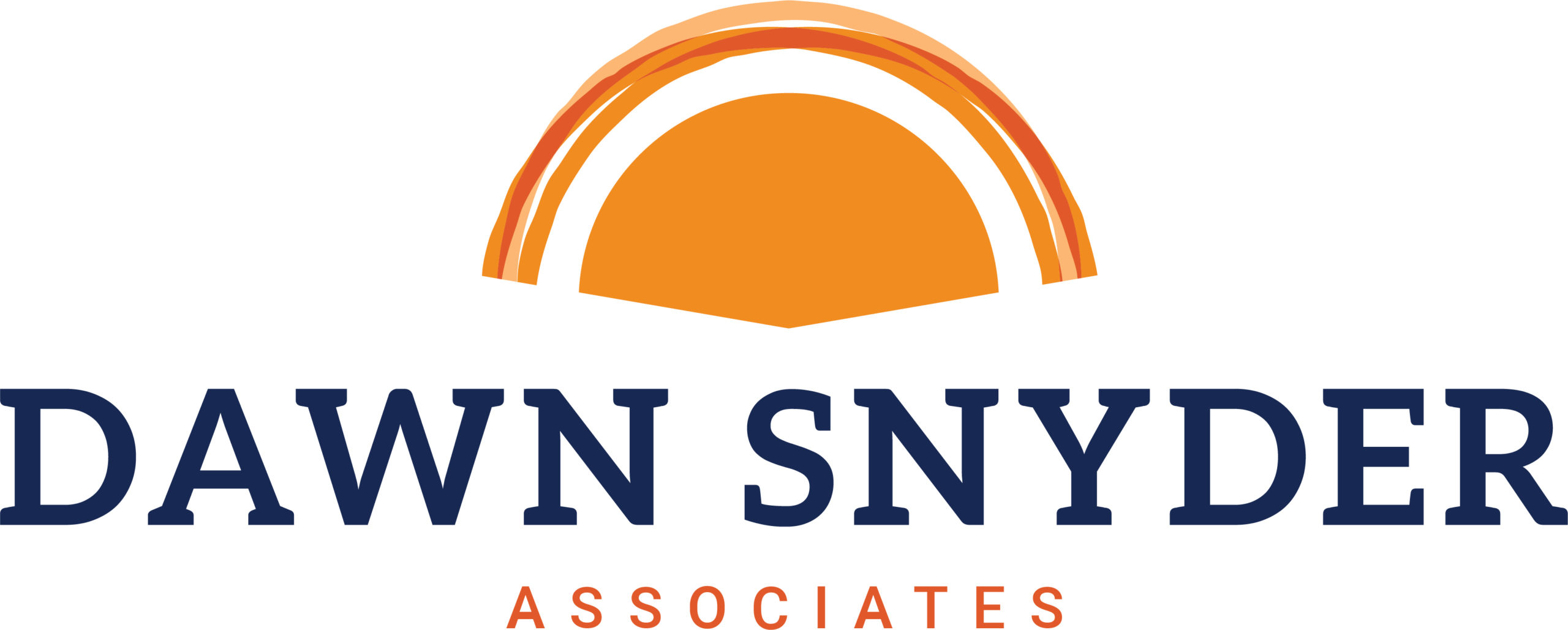When organizations around the world shut down to defeat the spread of COVID-19, organizations turned to the teams who had the capacity to support remote workers and remote work. These professionals pivoted in many different ways to continue to support organizational performance. Some of the most visible activities included moving critical instructor-led training to virtual or on-demand formats, creating new learning and performance support to facilitate working remotely, and scaling the use of distance learning and communication technologies to new stakeholders and new situations.
The video below is a summary of a conversation I had about the role of instructional designers in response to COVID-19 and the opportunity that it now presents all of us as we move forward.[1]
As this pivot to distance learning occurred, professionals in my network also noted many flawed approaches: slamming existing instruction into an online learning format without consideration of its relationship to performance, pushing information and content to employees in crisis, and failing to consider new or different performance needs as workflows changed.
Even before the crisis, one global study of executives showed that 87% were currently experiencing skill gaps or expecting to experience them in a few years, and less than half of respondents had a sense of how to address the problem. (McKinsey, 2020)
Performance improvement professionals, with the specific HPT skill set, can play a vital role in helping organizations define new workforce roles and activities, as well as the solution sets that will truly enable worthy performance as well as identify and close skill gaps. All professionals with learning and performance roles can revisit their analysis strategies to ensure that they provide the right solutions to the right audiences at the right time. (Snyder & Wisniewski, 2020)
This crisis is an opportunity to reframe our efforts and underscore their value to organizations. By aligning to new, as well as emerging needs, we can help our organizations meet business goals and achieve outcomes of value. If not now, when?
[1] The conversation is with Dr. Nadia Naffi, Professeure Adjointe, Titulaire de la Chaire de Leadership en Enseignement sur les Pratiques Pédagogiques Innovantes en Contexte Numérique – Banque Nationale, Département d’Etudes sur l’Enseignement et l’Apprentissage, Faculté des Sciences de l’Education , Université Laval.

